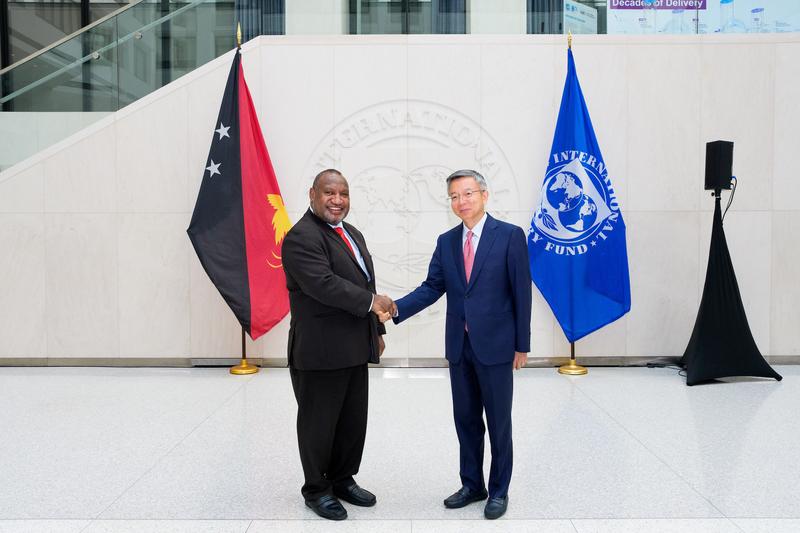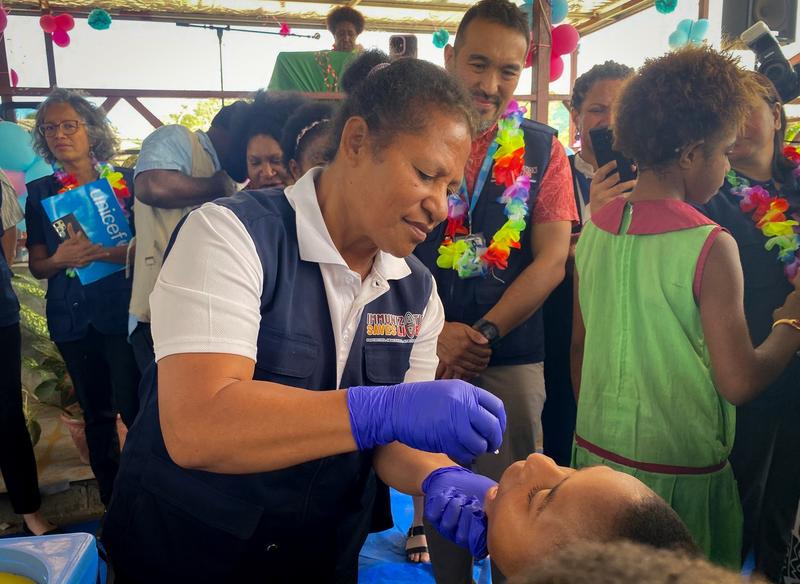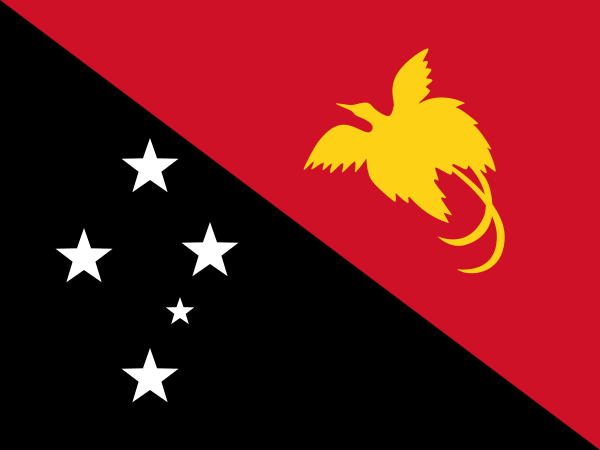Papua New Guinea (PNG) marks half a century of independence this year, a journey defined by cultural resilience, political milestones, and the transformation of its resource-driven economy.
From shedding colonial rule in 1975 to emerging as a strategic player in regional diplomacy and climate advocacy, PNG’s story is a tapestry of triumphs and challenges that continue to shape its future. Let’s look at these national milestones set in the last five decades:
From Independence to Global Stage
On 15 September 1975, PNG adopted a home-grown Constitution that enshrined democratic governance, human rights, and cultural preservation.
A day later, on 16 September, the nation won full sovereignty from Australia under the leadership of Grand Chief Sir Michael Somare, its first Prime Minister and a unifying figure among more than 800 language groups.
In 1977, PNG held its inaugural national elections, empowering citizens to shape their own Parliament despite the logistical hurdles of rugged terrain and dispersed communities.
Mere weeks after independence, on 10 October 1975, PNG joined the United Nations (UN), launching its diplomatic presence and amplifying Pacific voices on development, peace, and environmental protection.

Resource Revolution: Mining, Oil & Gas
The late 1970s and 1980s heralded PNG’s first resource boom. The Bougainville mine, operational since 1972, became the country’s leading copper and gold producer, though landowner disputes and civil unrest led to its 1989 closure. In 1984, the Ok Tedi mine opened in Western Province, diversifying PNG’s mineral portfolio.
The 1990s saw a pivot to petroleum with the Kutubu and Gobe oil fields, while the turn of the century brought financial sector reforms: the privatization of Papua New Guinea Banking Corporation and the rise of Bank South Pacific bolstered economic stability.
The 2004 Napa Napa oil refinery near Port Moresby marked PNG’s entry into downstream processing, and initial moves to privatize PNG Power Limited aimed to modernize the national grid.
The PNG LNG Project in 2014 was a watershed moment—ExxonMobil’s multi-billion-dollar investment turned the nation into a major gas exporter.
More recently, the Porgera gold mine reopened in 2023 with majority local ownership, and the Wafi-Golpu copper-gold venture promises another long-term revenue stream.

Governance, Peace, and Social Progress
The late 1980s brought turbulence: the Bougainville Crisis erupted over demands for autonomy and fair resource sharing. Its resolution—the Bougainville Peace Agreement of 2001—granted greater self-rule and set the stage for a future referendum, showcasing PNG’s capacity for peaceful reconciliation.
In the 2000s and 2010s, PNG strengthened its institutions. The Independent Commission Against Corruption (ICAC) was established to tackle graft, while Prime Minister James Marape’s decentralization efforts increased resource allocation to districts and provinces.
Parallel investments in human development soared. Free education policies rolled out in the 2010s improved literacy rates, while expanded healthcare programs bolstered maternal and rural health. These initiatives underscored PNG’s commitment to lifting every citizen.
Climate Leadership and Cultural Renaissance
Facing the frontlines of climate change, PNG has championed regional sustainability. In the 2020s, it emerged as a vocal advocate for biodiversity and green development.
A historic visit by UN Secretary-General António Guterres in 2025 will celebrate PNG’s environmental stewardship and highlight links between conservation and community well-being.
Simultaneously, tourism and cultural identity have taken center stage. Under the Golden Jubilee theme, “Celebrating 50 Years of Tourism – Honouring Our Past, Transforming Our Future,” the Bird of Paradise and Southern Cross adorn the anniversary logo.
Investments in eco-tourism and cultural festivals not only fuel local economies but also honor PNG’s ancestral heritage.
Business Evolution: Diversification Beyond Extractives
While mining and energy have historically driven PNG’s growth, recent decades have spurred diversification:
- Special Economic Zones (SEZ) policy to attract manufacturing, agriculture, fisheries, and tech investments
- The Bank of Papua New Guinea’s Green Finance Centre, funding renewable energy and sustainable agriculture projects
- Regional expansion of conglomerates like Steamships Trading Company and Remington Group into Lae and Mount Hagen
These moves aim to reduce reliance on extractives, create jobs, and foster resilience against commodity price swings.
Regional Diplomacy and Golden Jubilee Celebrations
Earlier this year, New Zealand Prime Minister Christopher Luxon’s visit underscored PNG’s pivotal role in Pacific unity. Strategic partnerships with Australia, China, Japan, and India have deepened through trade agreements, infrastructure projects, and development programs.
The Golden Jubilee itself—branded “Stronger Together, Growing the Future”—features cultural festivals, youth-led innovation challenges, a national prayer day, and global investment forums. Inspired by the biblical Jubilee (Leviticus 25:10), events emphasize renewal, justice, and collective prosperity.

Charting the Next Fifty Years
As PNG commemorates 50 years of independence, its journey offers both inspiration and a roadmap. Democratic institutions have matured, peace has healed old wounds, and economic progress has lifted communities—yet challenges remain. Environmental sustainability, equitable resource sharing, and diversified growth will define PNG’s path forward.
Papua New Guinea at fifty stands as a testament to unity in diversity, a nation forging its destiny with cultural pride and entrepreneurial spirit. The coming decades beckon with promise: a resilient PNG, stronger together, ready to grow its future.
We in PNG Business News congratulate the nation on this landmark anniversary. We are thankful to be a small part of chronicling the country’s strides since 2019, and we join all Papua New Guineans in declaring liberty throughout the land and moving forward with hope. We pray for wisdom, unity, and courage for all as we enter the next 50 years.
Mekim yumi stap wantaim. Mekim yumi go het wantaim -- Let's be together. Let's move forward together.










